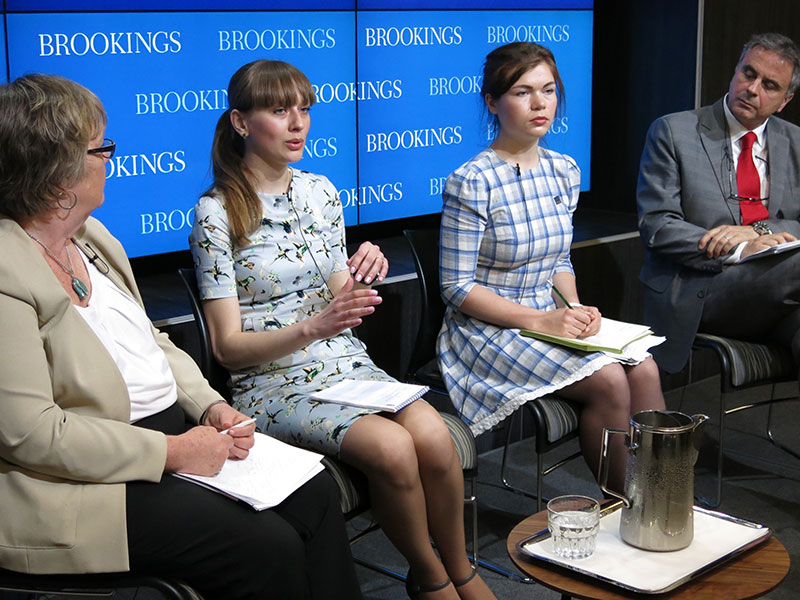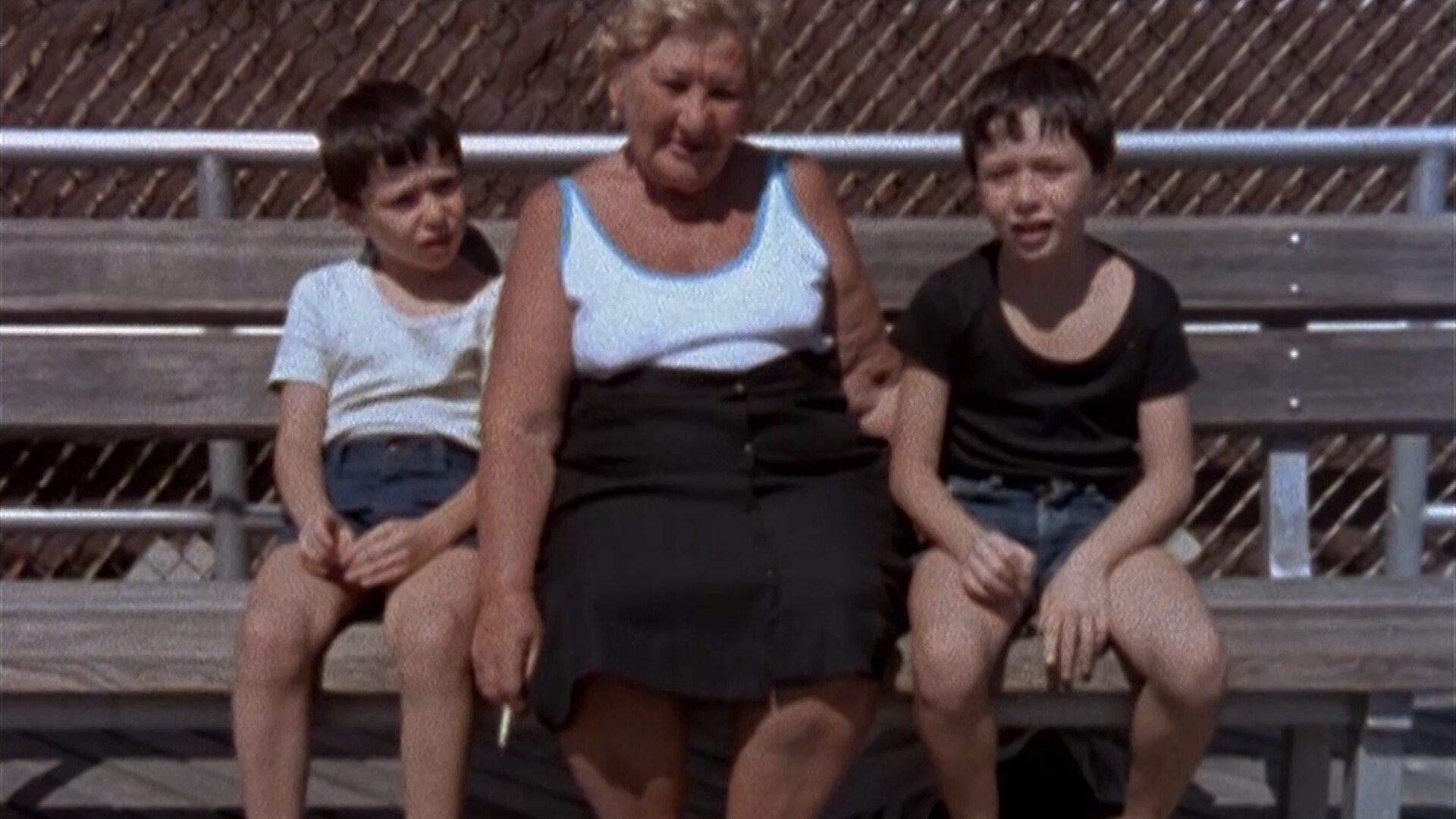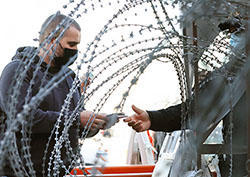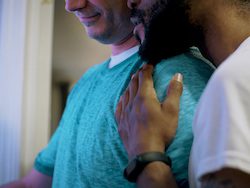The Mounting Human Cost of Ukraine’s Conflict
By Britanny Vanderhoof, HIAS Policy Counsel
May 21, 2015

HIAS Ukraine legal experts Alyona Vynogradova (L) and Kateryna Moroz discuss the country's Internally Displaced Persons crisis at Brookings Institution in Washington, DC, May 15, 2015.
(Bill Swersey/HIAS)
An online search for Ukraine will likely return stories about troop movements, peace deals, and the financial impact of the conflict between Ukraine and Russia. But stories about the civilians who are caught in the middle are mostly missing. As Ukrainian-born author Lev Golinkin recently stated, “it’s as if New York invaded Massachusetts and nobody was talking about the people of Connecticut.”
A new report, published jointly by HIAS and the Brookings Institution, focuses on the Ukrainian Government’s response to this crisis thus far, and offers a number of key recommendations for dealing with the situation in both the near term and into the future. Off to a Shaky Start: Ukrainian Government Responses to Internally Displaced Persons, looks at the Ukrainian government’s response to the IDP crisis according Brookings’ twelve key steps governments should undertake when facing internal displacement.
The conflict between Russia and Ukraine began in spring of 2014 after Russia annexed Crimea following months of street protests and the ousting of President Viktor Yanukovych. Pro-Russian forces then seized parts the Eastern Ukrainian cities of Donetsk and Luhansk and the Ukrainian government responded with military action. The United Nations reports that more than 6,000 people have died since the conflict began.
There is also a mounting human crisis as civilians flee their homes to get away from the destruction and violence and in search of government services. The UN Refugee Agency (UNHCR) reports 1.2 million registered internally displaced persons (IDPs) in Ukraine. However, because not everyone registers, the actual number could be twice as high.
The Ukrainian government was unprepared for the displacement of so many people. The HIAS/Brookings report notes that even one year later, the national response has been “inadequate, the government was unprepared, and the response was largely dependent on volunteers and humanitarian organizations.”
At a May 15 event at Brookings’ Washington, D.C. headquarters, Alyona Vynogradova, a HIAS Ukraine legal analyst and co-author of the report, described the challenges facing IDPs, including poor living conditions, high unemployment, and limited access to government services. Vynogradova said IDPs also face discrimination, “there is a pneumatic stigma in our country that people from the East are guilty for the conflict because they supported our ex-President, and they welcomed Russia's invasion.” As a result, many Ukrainians do not support helping IDPs. The government has done little to contradict these beliefs.
In November of 2014 a new law was adopted to define the rights of IDPs. While an important addition to the government response, the new law contains gaps in protections and does not meet international standards of protection. Government policies have led to increased displacement, Vynogradova noted, by shutting funding to hospitals and stopping government assistance programs in occupied territories leaving people with no choice but to leave their homes.
Kateryna Moroz, a HIAS Ukraine lawyer who co-authored the report, highlighted that in addition to inadequately protecting IDPs, the Ukrainian government has not proposed substantial solutions to the crisis. There are no policies to protect the property rights of IDPs or to help with unemployment. Additionally, the government has not proposed plans for integrating IDPs into the communities where they currently live or plans to help reconcile the different groups. “Society, on a whole, think that they (IDPs) are guilty of what is happening,” Moroz told the Brookings audience, “so we need to create a program where… we would make possible for IDPs and non-IDPs to get together, and to collaborate together on some very important issues for Ukraine in the future. We do not have such a policy.”
NGOs working in Ukraine continue to push the government to improve its policies, but lack of funds hinders progress, as Moroz notes, “Ukraine has been weakened by the ongoing conflict, and all the possible resources go to buy weapons, to provide army and so on.”
It has become clear that Ukraine needs financial assistance as well as experts to address post-conflict issues such as reconciliation and psychosocial care for those impacted by the conflict. Moroz reiterated the need for international attention and assistance to the Ukrainian government to improve protection for IDPs. The international community must ensure that IDPs are protected and not forgotten.


